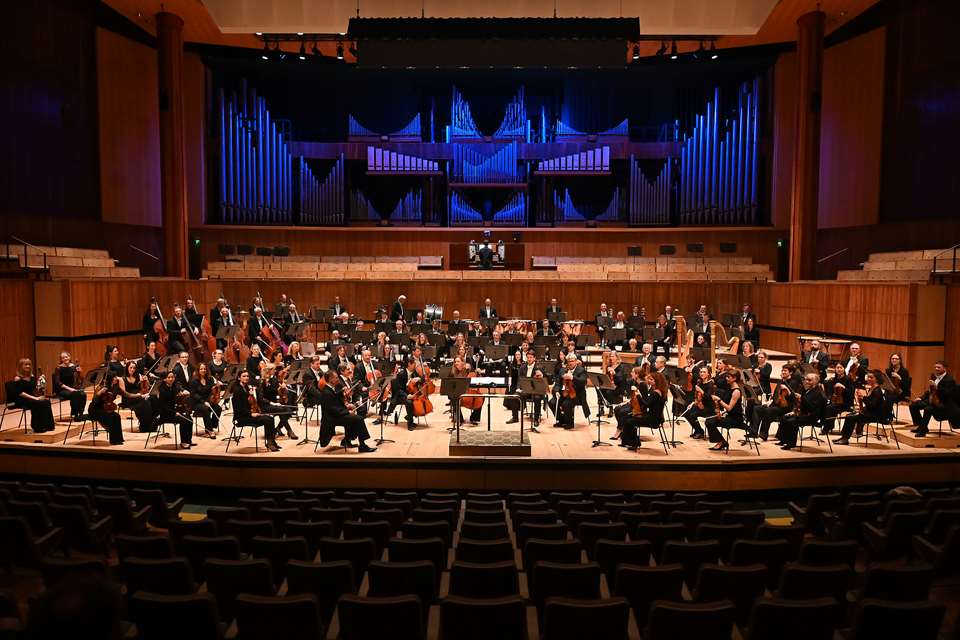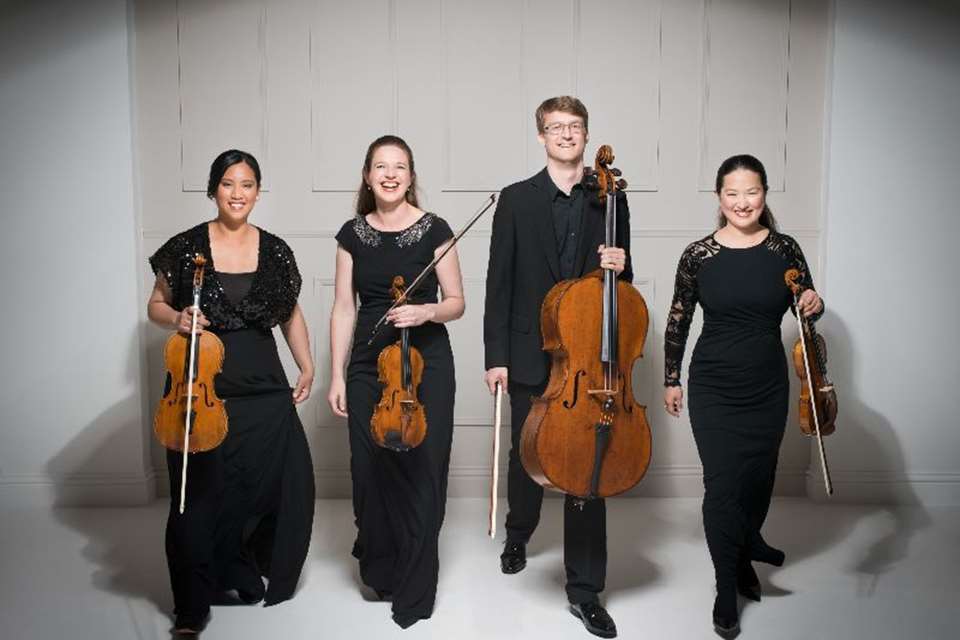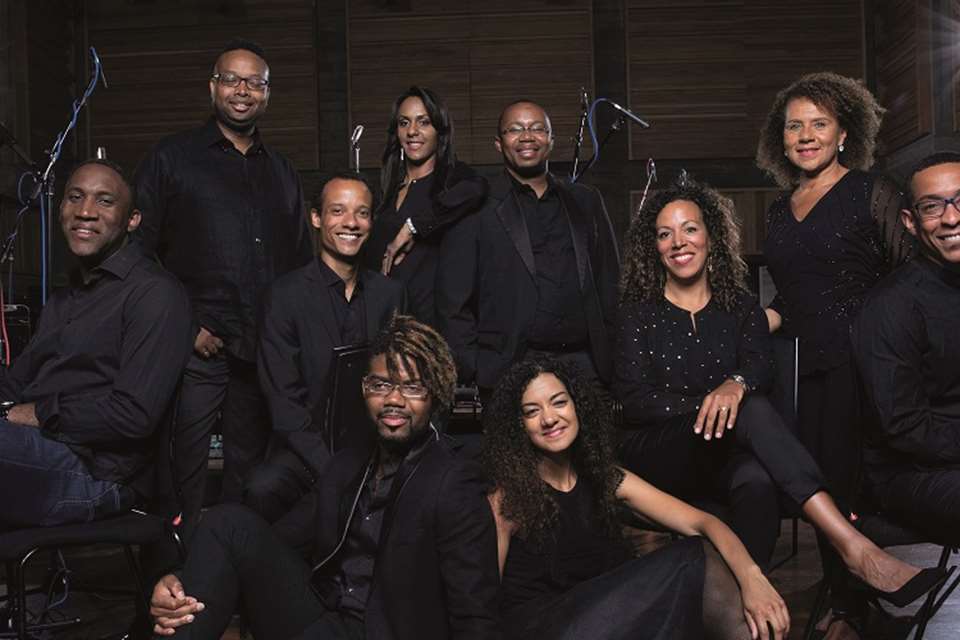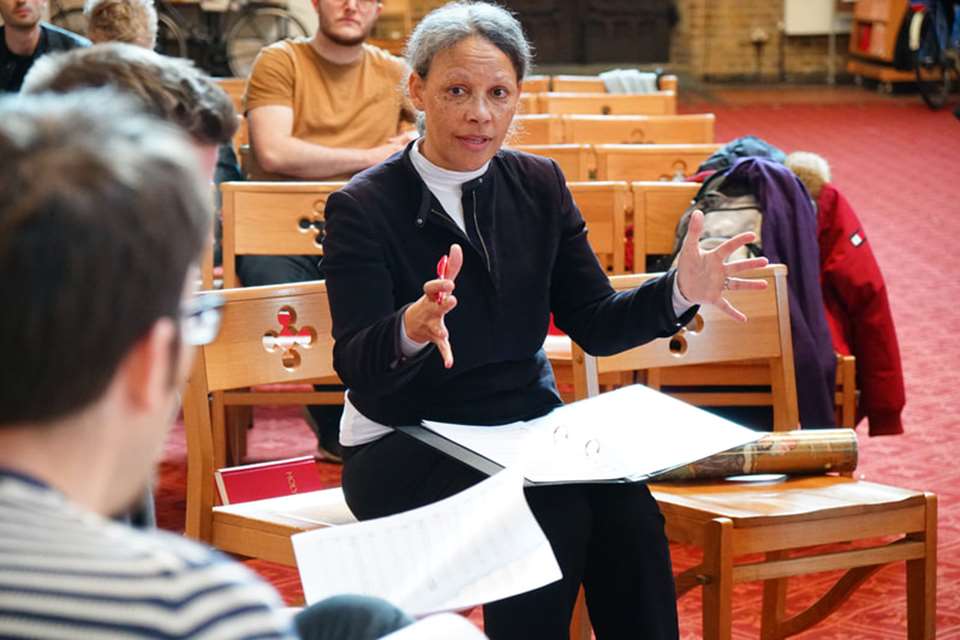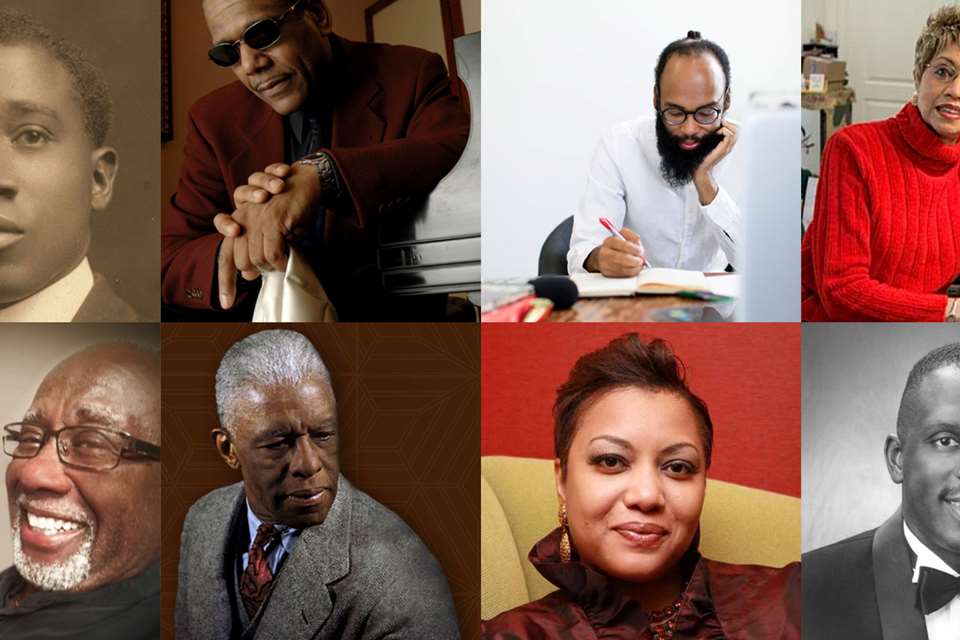Solving the riddle of diversity: Sphinx celebrates 25 years
Claire Roberts
Wednesday, January 25, 2023
As the Sphinx Organization celebrates the culmination of its 25th anniversary season next week, Claire Roberts looks back on a quarter of a century of progress increasing representation of Black and Latinx people in classical music
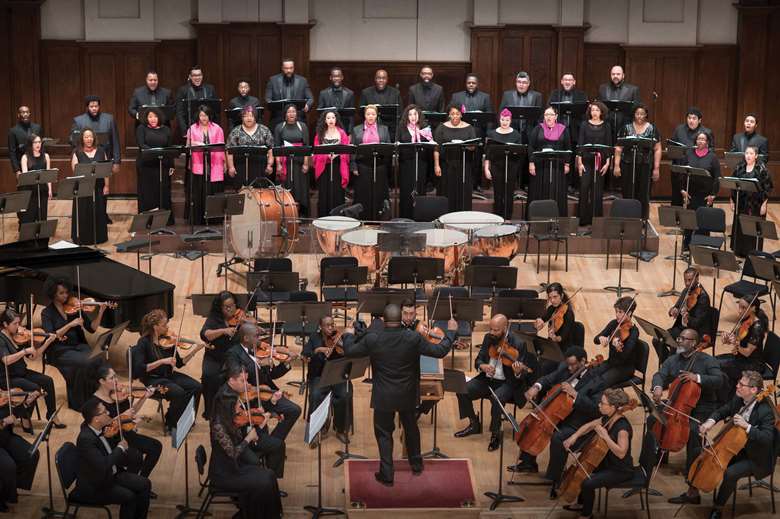
In 2022, Sphinx celebrated its momentous 25-year anniversary. The social justice nonprofit focuses on increasing representation of Black and Latinx professionals in all areas of classical music: from repertoire to rosters, performers to audiences, arts administrators to managerial staff. Although based in Detroit, Sphinx’s anniversary season reflects their network of musicians worldwide, an international community of alumni fondly known as ‘la familia’.
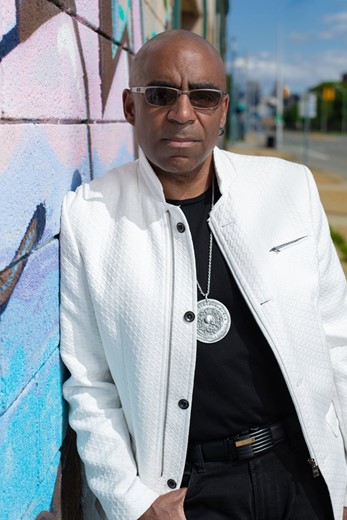 Aaron Dworkin ©Shawn Lee
Aaron Dworkin ©Shawn Lee
The Sphinx Organization began in 1997, when violinist Aaron Dworkin (pictured above) founded a competition for young Black and Latinx string players. As a young bi-racial violinist, studying at the University of Michigan’s School of Music, Aaron often found himself to be the only musician of colour at classes and concerts: ‘It made the experience of studying and participating in music isolating, but also… it was motivating. I have always been an entrepreneurial individual, and I chose to do something about the issue - to find other young musicians who yearn to be connected, to build camaraderie, finding others who possess the drive and the talent, but maybe lack the resources to build a career path.’
Just a decade ago, music by composers of colour comprised less than half of 1% of the American orchestral season. Black composers alone now account for nearly 10% of the season
Since its beginnings as a competition recognising excellence in Black and Latinx classical artists, Sphinx has expanded into multiple strands of development programs. Today, the Sphinx team is led by Afa Dworkin (pictured below), and includes more than 50 teaching artists and over 800 alumni. Whilst the competition medal is still awarded each year, development schemes include access and youth education, commissioning new works by Black and Latinx composers, arts leadership and entrepreneurship programs, and sector-wide partnerships with over 300 organisations. The idea behind each partnership or initiative is to form a pipeline, that supports inclusion in classical music at every level: be it in education, programming, leadership, the artists who perform, or the communities who are represented in concert audiences. In addition, the Sphinx performance roster of Black and Latinx professionals includes international soloists and scholars, as well as professional chamber ensemble the Sphinx Virtuosi, vocal ensemble EXIGENCE, and the Sphinx Symphony Orchestra.
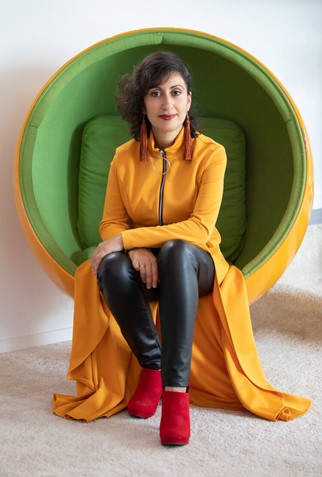 Afa Dworkin ©Shawn Lee
Afa Dworkin ©Shawn Lee
Sphinx has celebrated the milestone of its 25th anniversary throughout the 2022-2023 season of events, opening in January last year with a concert held at the University of Michigan’s Ann Arbor's Hill Auditorium - returning to the place where the very first Sphinx competition was held. The programme included a premiere of a new work by Carlos Simon commissioned by the Sphinx Symphony Orchestra (SSO), conducted by Tito Muñoz. Prior to the significant musical celebration, over 90 speakers and 2,000 participants assembled for SphinxConnect, a conference of talks and conversations themed around ‘Forging Alliances’. The opening speaker was Grammy award-winning musician Rhiannon Giddens, in conversation with Aaron Dworkin.
This year the SSO perform their final concert of the Sphinx anniversary season in collaboration with EXIGENCE Vocal Ensemble, at the Kennedy Center in Washington. Both the chorus and orchestra feature in Joel Thompsons’s Seven Last Words of the Unarmed, a seven-movement cantata that quotes the last words spoken by seven unarmed African American men who were killed by police or authority figures. The piece echoes the structure of Haydn’s Seven Last Words of Christ, and the traditional Renaissance cantus firmus L’homme Armee becomes a melodic motif in Thompson’s work. Six years on from when this piece was written, and 24 years since the SSO was founded, has there been any change within the landscape of classical music, as the action against racial discrimination continues? ‘There has been tremendous change in the field,’ says Dworkin, ‘more organisations are prioritising evolving the canon, and empowering faculty staff and artists of colour to lead, and to shift their philosophies on inclusion.’ Dworkin adds that there is a need to see more musicians of colour among the ranks of symphony orchestras, and within leading academic establishments: ‘it is these coveted institutions that can be shaping the next generation of classical musicians. We hope to see more demonstrable change - change that pushes us beyond conversations, towards greater action.’
Reflecting on the impact of Sphinx’s work over the last quarter of a century, artistic director Afa Dworkin takes pride in its legacy of career empowerment, both onstage and off: ‘I am most proud of how Sphinx evolved from a single programme, to seeing how and why excellence and diversity are becoming more widely embraced together by the arts sector. Just a decade ago, music by composers of colour comprised less than half of 1% of the American orchestral season. Black composers alone now account for nearly 10% of the season, with the most frequently performed composer being one of Sphinx's alumni, Jessie Montgomery.’ Afa and Aaron do however have continuing plans for the next 25 years of Sphinx, and are set on putting greater investment in collaboration: ‘Sphinx Venture Fund has invested $1.5M in leadership of artists of colour collaborating with partner institutions. This is the kind of work that we see as being necessary,’ Aaron explains, ‘as change requires all of us to lead. In future, we can envision Sphinx alumni driving change from their executive positions, working in leadership roles within major institutions, they will be the people who are setting new standards for the entire field.’
There will be opportunity to see or hear Sphinx artists in the UK this coming year, as Sphinx Virtuosi release their first commercial album on Deutsche Grammophon. The release will include performances across the UK (dates are yet to be announced), and a collaboration with cellist Abel Selacoe at the Carnegie Hall in the Autumn.
